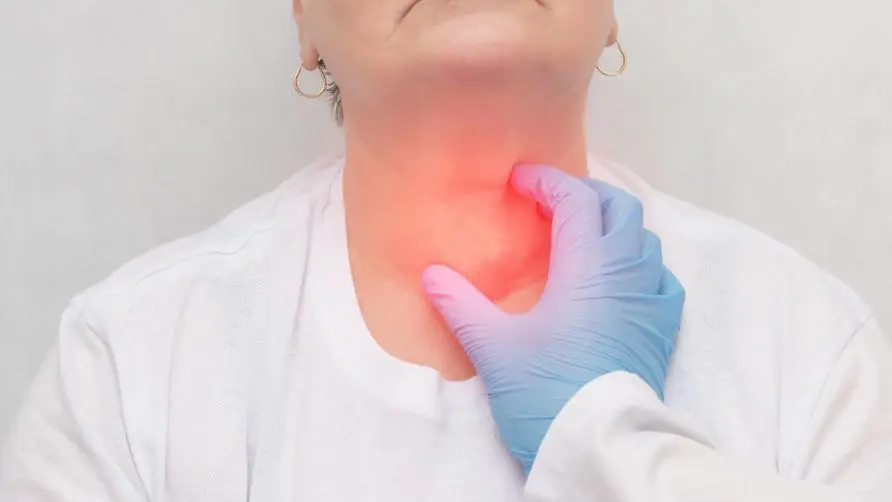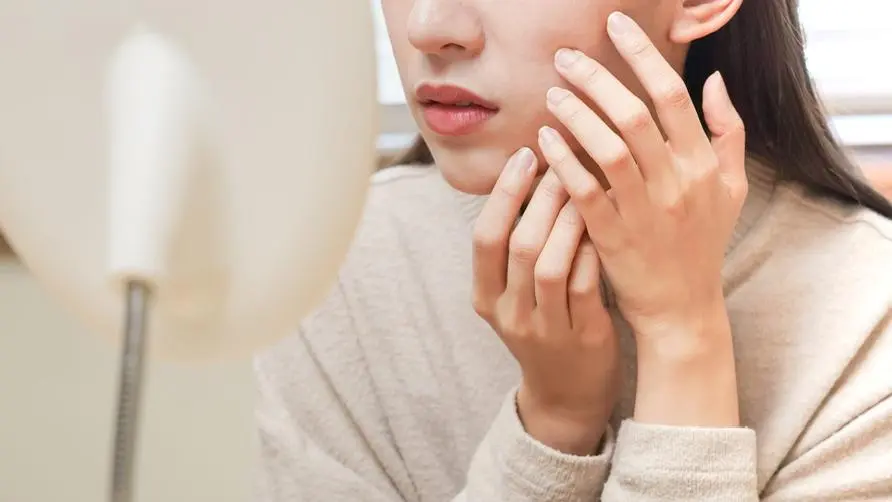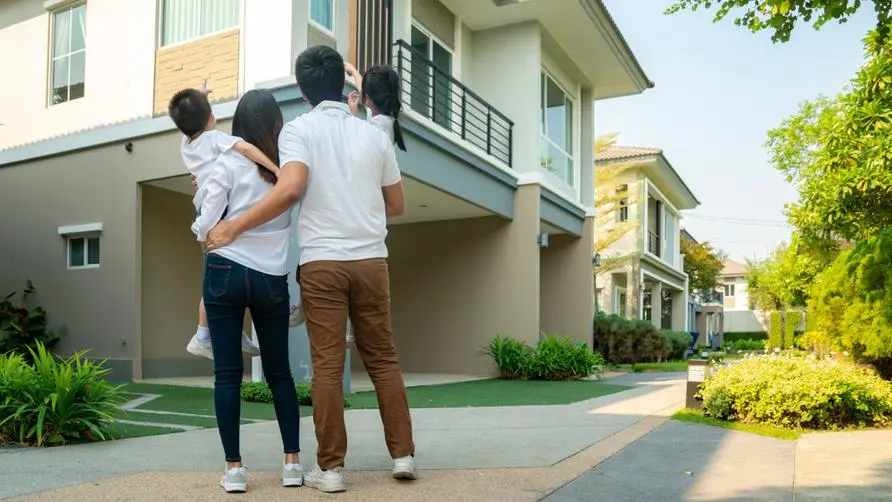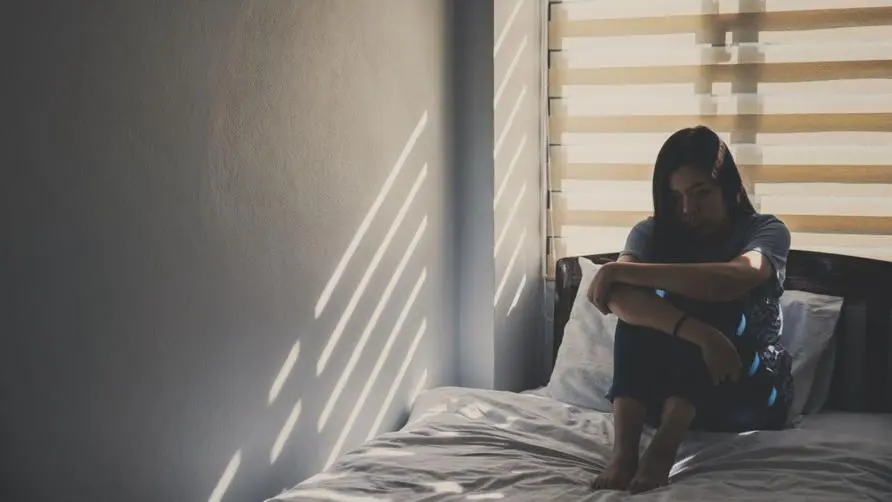Does not owning a house make the life of renters "shorter"? "BMJ" research: "Six major rental problems" may accelerate physiological aging

In view of the rapid rise in global real estate values, “buying a house” seems to be increasingly becoming an unattainable dream for young people. To add insult to injury, poor housing conditions appear to be linked to poorer physical and mental health. Research published in the authoritative medical journal “British Medical Journal” (BMJ) shows that the “biological age” of renters seems to be aging faster than that of home buyers, and the impact is almost twice that of unemployment.
Will renting a house cost more than buying a house? Study: Renting may accelerate biological age
The University of Adelaide in Australia analyzed blood samples of 1,420 subjects from two databases, the “UK Household Longitudinal Study (UKHLS)” and the “British Household Panel Survey (BHPS)”, to explore biological age aging indicators: “DNA The impact of DNA methylation on the human body. Abnormal DNA methylation has been confirmed to be related to malignant tumors, carcinogenesis and other phenomena.
In addition, the study also used questionnaires to collect subjects’ opinions on their current residence, such as excessive rent, small space, rent arrears, as well as other information such as housing ownership, architectural style, heating and cooling equipment, and geographical location. After comparing the questionnaire results with blood samples, the study found that the following living conditions are related to significant physiological aging:
Renting (accelerated by 0.047 years)
Rent arrears (accelerated by 0.033 years)
Living in a rental apartment (accelerated by 0.033 years)
Insufficient air conditioning facilities (accelerated by 0.024 years)
The living space is not warm enough (0.021 years faster)
Difficulty paying housing payments (accelerated by 0.015 years)
The risk of life loss for renters is twice as high as that for unemployed people. The impact of living in social housing is the same as that for home buyers.
In addition, the study also found that living in private rental housing has a much greater impact on biological aging than unemployment: analysis shows that living in private rental housing (0.046 years) has almost twice the impact on aging as unemployment (0.027 years). And unemployment has a similar effect on aging as repeated rent arrears (0.033 years). However, if they live in social housing and can pay lower rents, their physiological signs of aging are not significantly different from those of those who own real estate.
Research results indicate that rental conditions, financial difficulties, and harsh environments may be potential factors that accelerate physiological aging and may have a negative impact on health. However, the research team emphasized that physiological aging is different from chronological age and can be reversed through improvements in lifestyle, which also highlights the huge potential of changes in housing policy to improve the health of renters.
However, because this study was an observational trial, it was not possible to determine a cause-and-effect relationship between residential environment and biological age. The DNA methylation data is also difficult to analyze because it comes exclusively from Caucasian European respondents. In the future, more samples and ethnicities need to be included to further analyze the correlation between the two.
Annual repair costs are NT$200,000 more. Experts reveal 3 reasons why Millennials don’t buy houses
Even though the rental environment may harm your biological age, buying a house is still an insurmountable wall for many young people. Dr. Alois Stutzer from the School of Business and Economics at the University of Basel in Switzerland emphasized that for many young “millennials”, owning a home is “out of reach.”
According to the U.S. Census Bureau, about one-third of Millennials (those under the age of 35) owned a home as of the end of 2018, compared with postwar Baby Boomers and Generation X The rate dropped by about 8-9%. Maintaining a home is expensive and time-consuming for most homeowners. Homeowners may have to spend less time and money on vacations, entertainment or dining out. Owning a home often means giving up material comforts.
Dr. Stutzer noted that a 2019 survey found that the biggest complaint among millennial homeowners was underestimating the “hidden costs” of owning a home. In addition to the down payment and mortgage costs, homeowners must also prepare for home repairs and basic maintenance. A 2018 survey found that homeowners spend an average of an additional US$6,649 per year on home improvement projects, equivalent to nearly NT$200,000.
“If buying a house means that you have to work longer hours and lose time with friends and family, which may lead to a decrease in the quality of life. Then the happiness generated by buying a house may not be as expected.” Stutzer said.
Source:
Are housing circumstances associated with faster epigenetic ageing?
Further reading:





